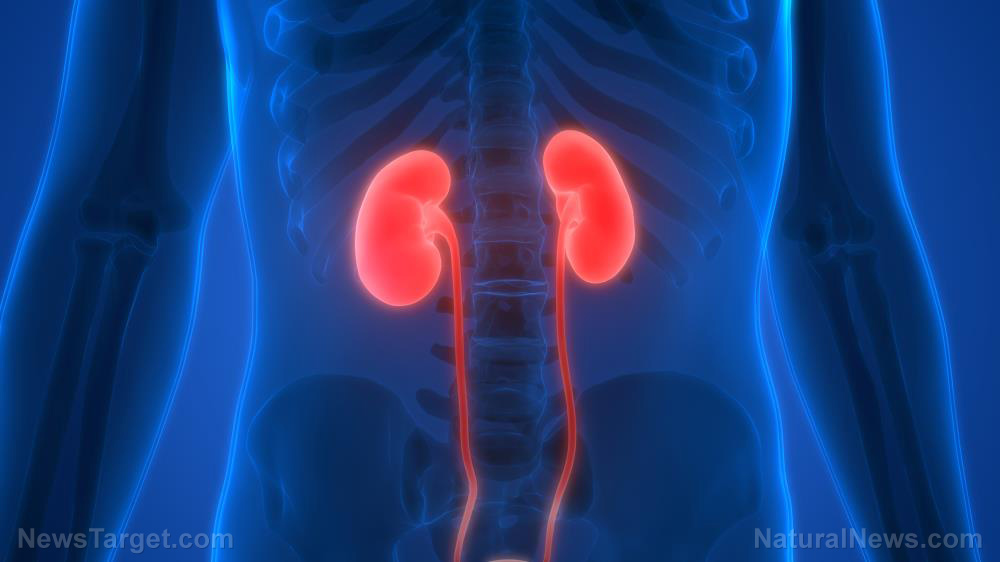
Indeed, it appears that PPIs, which are available as over-the-counter medications, are poised to be one of the next big threats to global health. Some 13 million prescriptions for PPIs are doled out every year -- and that's not even including all those people who buy lower-strength iterations of these drugs over-the-counter at the corner store. Millions of people take PPIs for heartburn or acid reflux every day, but research shows many of them aren't taking the drugs properly -- and in doing so, are putting their kidney health at serious risk.
Scientists link PPI use to kidney disease, failure
Researchers from the University at Buffalo recently published research tying PPIs to an increased risk of chronic kidney disease (CKD) and kidney failure. As one of the most commonly prescribed type of drugs, the newfound risk of such an adverse effect is extremely troublesome. The pharmaceutical industry makes billions of dollars on PPIs annually.
After studying health data from more than 190,000 participants over the course of 15 years, the researchers were shocked to see the effects PPIs can potentially have on kidney health. Across the board, the team found that PPI use correlated with a 20-percent increase in risk of CKD. Use of PPI meds was also found to quadruple the risk of kidney failure.
Speaking about the study, David Jacobs, PharmD, Ph.D., lead investigator and assistant professor at UB, commented, "Given the increasing global use of PPIs, the relationship between PPIs and renal disease could pose a substantial disease and financial burden to the health care system and public health.”
Jacobs noted further that in 2008, 113 million prescriptions for PPIs were filled. Big Pharma made $14 billion off all those prescriptions. Recent reports suggest that at least 15 million Americans take prescription PPIs annually, and millions more are taking over-the-counter versions with no doctor supervision.
According to Jacobs, up to 70 percent of patients are overusing their PPI medication and are putting their health at risk.
As Jacobs explains, PPIs should only be used for a short period of time -- but many people take them long-term, putting Spthem at risk for a variety of health issues.
This is not the only study to link PPIs to horrible side effects.
Heartburn drugs linked to heart disease, death
In spring 2019, scientists from the Washington University School of Medicine and the Veterans Affairs St. Louis Health Care System conducted a study which also found that PPI use is a major risk to human health. Specifically, the researchers tied long-term use of PPI drugs to fatal cases of heart disease, CKD, and upper gastrointestinal cancer.
The team also found that the risk of mortality increases with length of use -- regardless of whether one is using a low-dose PPI or not.
Senior author Ziyad Al-Aly, MD, an assistant professor of medicine at WU School of Medicine, commented on the findings and stated, "Taking PPIs over many months or years is not safe, and now we have a clearer picture of the health conditions associated with long-term PPI use."
PPI use has been linked to a bevvy of other adverse outcomes: Dementia, bone fractures, and pneumonia, just to name a few. Like countless other commonly used pharmaceuticals, it's clear that PPIs just aren't safe.
Learn more about dangerous pharmaceuticals at DangerousMedicine.com.
Sources for this article include:
Please contact us for more information.






















